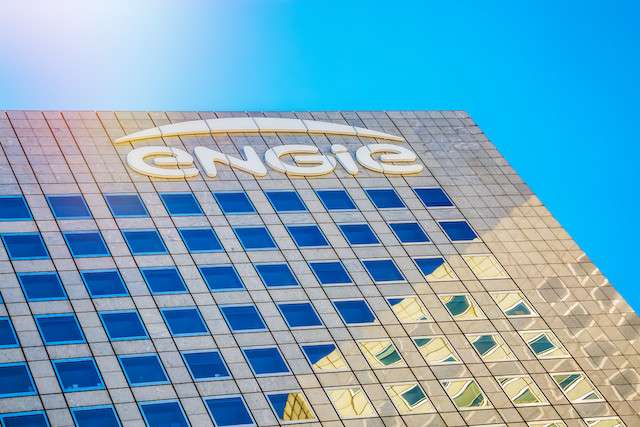Representing the Luxembourg state at the European Union’s General Court, Denis Waelbroeck said the European Commission had acted in bad faith, “misapplied prevailing law to find tax agreements from Luxembourg granting the utility Engie an effective 0.3% rate constituted illegal state aid,” Law360 reports.
In 2018 European competition commissioner Margrethe Vestager said tax rulings issued by Luxembourg authorities in 2008 and 2010 had “artificially reduced Engie’s tax bill for about a decade.” The ruling applied to Engie’s two structures in Luxembourg which Vestager said were “involved an artificial financing arrangement that did not reflect economic reality.”
In this so-called triangular transaction, involving Engie LNG Supply, Engie Treasury Management and two other Engie group companies in Luxembourg, the commission said Luxembourg treated the same transaction as both debt and equity, preventing the company from generating a profit and allowing it to receive favourable treatment.
Luxembourg’s finance ministry responded then that Engie was taxed by the rules applicable at the time, and said the firm had not received selective treatment. The same year, the commission used the same state aid argument to order Luxembourg to collect €250m from Amazon and €20m-€30m from Fiat in back taxes.
In the current challenge, the lawyer argues the structure conformed with European and domestic law.
“As long as it adheres to the letter of the law, "Engie can structure its affairs as it chooses," Waelbroeck was quoted as saying. “There is an implication that we're trying to fiddle something, but the law was strictly applied,” he said.
Commission lawyer Bruno Stromsky was quoted as saying: “Profits were systematically neutralized by losses, so any profits were mechanically neutralized by the forward contracts and the losses that they engender.”
The cases are Grand Duchy of Luxembourg v. Commission, case numbers T-516/18 and T-525/18, in the General Court of the European Union.
